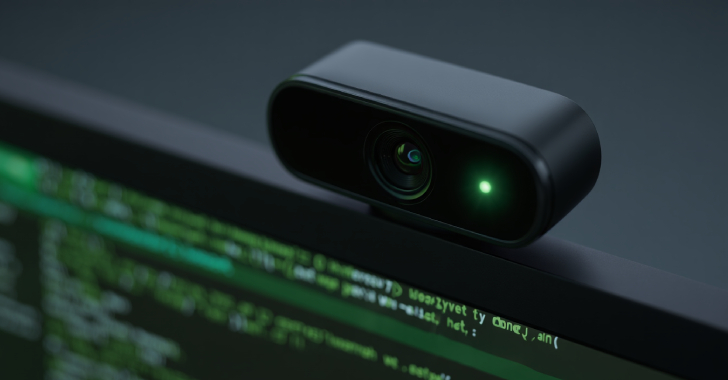
Simplify Your HIPAA Compliance
HIPAA, or the Health Insurance Portability and Accountability Act, has been the talk of the healthcare world since its inception in 1996. For anyone dealing with health information in the United States, it’s a crucial standard to meet, ensuring the privacy and security of patient data. While the importance of HIPAA is undeniable, navigating its complexities can sometimes feel like trekking through a maze.
However, the good news is that there are strategies to simplify this journey. Let’s dive into the world of HIPAA compliance without the jargon and see how to make it a smoother process for all involved.
- Understand the Basics
First and foremost, it’s essential to understand the core of HIPAA. At its heart, this act is all about:
Protecting the privacy of patient health information.
Establishing standards for electronic health care transactions.
Ensuring security measures for health data.
If you’re new to the realm of HIPAA, start with the basics and ensure that everyone in your organization has a foundational understanding of the act’s requirements.
- Streamline Your Training
Regular and updated training sessions are the bedrock of HIPAA compliance. Instead of lengthy, complicated sessions that may be hard to digest, opt for shorter, more frequent training modules. Use real-world scenarios and interactive methods, such as quizzes and role-playing, to engage your staff better and solidify their understanding.
- Embrace Technology
HIPAA compliance tools and software solutions can be game-changers for healthcare organizations. These tools help in:
Risk assessments
Audit controls
Breach notifications
Policy and procedure management
Instead of manual checks and potentially missing out on vulnerabilities, invest in automated solutions that keep you updated and ensure you’re always in compliance.
- Foster a Culture of Compliance
HIPAA isn’t just about ticking boxes; it’s about fostering a culture that prioritizes patient privacy and data security. Encourage open conversations about potential issues, and ensure there’s a clear reporting channel for any concerns. When employees feel they’re part of the compliance journey, they’re more likely to be proactive in ensuring they meet the necessary standards.
- Regular Audits are Key
It’s not enough to implement measures once and forget about them. Regular audits help in identifying vulnerabilities and ensuring that all processes are running as they should. Whether it’s monthly, quarterly, or annually, determine a schedule that works best for your organization and stick to it.
- Establish Clear Communication Channels
With the constantly evolving landscape of healthcare and technology, it’s essential to have clear communication channels. This way, when there are changes to HIPAA regulations or new threats to data security, the entire team is quickly informed and prepared to adapt.
- Know Your Business Associates
Remember that HIPAA compliance isn’t limited to just your organization. Business associates – those third parties that handle health information on your behalf – also need to be in compliance. Vet your partners carefully, establish clear contracts detailing their compliance responsibilities, and maintain open lines of communication to ensure they’re always up to the mark.
- Create a Response Plan
Despite best efforts, breaches can happen. Rather than scrambling in the moment, it’s wise to have a clear response plan in place. This plan should cover:
How to contain the breach
Steps for notifying affected parties
Strategies for mitigation and future prevention
- Stay Updated
HIPAA compliance isn’t static. As technology and the healthcare landscape change, the regulations adapt. Make sure you’re subscribed to reputable sources or industry newsletters that can keep you updated on any changes.
- Seek Expertise
Lastly, while there’s a lot that can be managed internally, it doesn’t hurt to have experts on your side. Whether it’s consulting firms, legal counsel, or specialized HIPAA trainers, having knowledgeable resources can simplify the compliance process significantly.
In Conclusion
While HIPAA compliance can seem daunting at first glance, with the right approach, it’s entirely manageable. By understanding the basics, employing technology, fostering a culture of compliance, and staying updated, healthcare organizations can navigate this landscape with ease. Remember, at the heart of HIPAA is the noble intention of ensuring patient privacy and data security. Embracing this ethos can make the journey not just simpler, but also deeply fulfilling.
Contact Cyber Defense Advisors to learn more about our HIPAA Compliance solutions.





